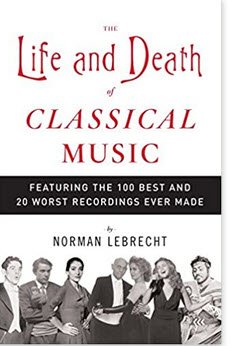I know nothing about classical recordings.
Regarding re-issue of classical music, what’s the impediment for getting them to sound as good, or almost as good, as the originals? It is all about the mastering engineer? I assume many of the master tapes are still available?
I cannot pinpoint where in the reproduction chain the limitation exists. As in this thread people point to differences that enter with the use of digital tools. I suspect the knowledge base is one limiting factor. Are engineers trained to work entirely in the analog domain? Probably not if they want a job.
Most likely it's money. In the 50's thru 60's classical music was huge with expenditures as recording companies signed conductors, artists and orchestras to recording contracts. Stereo was new and captured listeners imaginations. Coming out of the radio age there was an interest in growing home music reproduction. Sound engineers like Wilma Cozart were interested in achieving high quality recordings and it was a time of innovation. As technology changed and with the rise of mass market media a fair amount of that early talent died off and artistry and trade secrets were lost.








